Government Contract Management Professional Standards
Government contracting is a complex process that requires specialized knowledge and skills to manage effectively. In the United States, there are specific standards and regulations that govern the way in which government contracts are awarded, managed, and executed. Government contract management professionals play a vital role in ensuring that these standards are upheld and that contracted services are delivered in an efficient and effective manner.
The Federal Acquisition Regulation (FAR) is the primary set of regulations that governs the procurement process for government contracts. This comprehensive document outlines the rules and procedures that federal government agencies must follow when soliciting and awarding contracts. It also sets forth the requirements for managing and executing contracts, including the roles and responsibilities of the contracting officer, contractor, and government program manager.
At the heart of government contract management is the need to ensure that contractors deliver the products or services promised, on time and within budget. This requires rigorous planning, monitoring, and communication throughout the contract lifecycle. Government contract management professionals must possess a unique blend of technical expertise, business acumen, and interpersonal skills to effectively manage contracts to successful conclusion.
To support the essential role of government contract management professionals, there are professional organizations and standards that provide guidance and tools for success. For example, the National Contract Management Association (NCMA) is a professional association for individuals involved in government contract management. The NCMA provides education and professional development opportunities, certification programs, and networking opportunities for government contract management professionals.
The NCMA also supports the development and adoption of industry standards for government contract management. The Contract Management Body of Knowledge (CMBOK) is a comprehensive guide to best practices in contract management that covers all aspects of the contract lifecycle. The CMBOK serves as a reference guide and training tool for government contract management professionals, ensuring that they have a standardized approach to managing contracts.
Additionally, the Project Management Institute (PMI) provides best practices and standards for project management, which is closely tied to government contract management. The PMI’s Project Management Body of Knowledge (PMBOK) is a globally recognized standard for project management, which includes contract management as a key component of project planning and execution.
As with any profession, government contract management professionals must stay current with changes in regulations, best practices, and technology. Continuing education and professional development are essential to maintaining the expertise and skills necessary to successfully navigate the complexities of government contracting.
In summary, government contract management is a critical function that requires specialized expertise, knowledge, and skills. To ensure the successful management of government contracts, it is essential that professionals adhere to the relevant standards and regulations, as well as seek out education and professional development opportunities. By doing so, government contract management professionals can help to ensure that contracts are executed efficiently and effectively, delivering the intended benefits to the government and its constituents.

Commentaires récents